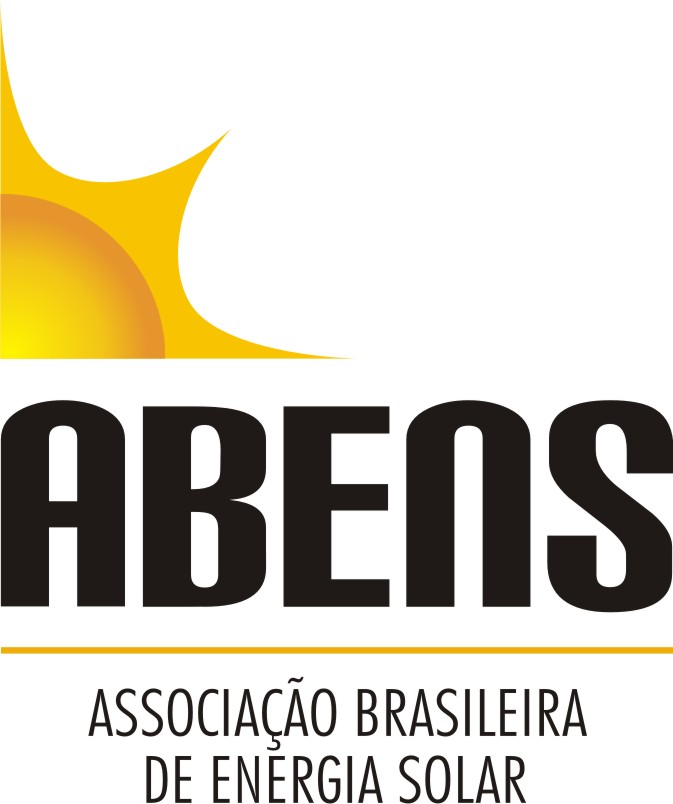Thank you for your presentations at SWC 2025
Dear Authors,
Thank you for joining us for SWC 2025 in Brazil and for sharing your research with us! Your thoughtful investigations, innovative ideas, and rigorous scholarship greatly enriched our program and sparked meaningful discussions across themes around solar energy.
What happens next?
- Now we are entering the Full paper review process! Your papers will be reviewed by the Scientific Committee of the SWC 2025.
Important note: Only those papers presented on-site (as oral or poster) can enter the full paper review process.
Your paper will either be accepted, revisions requested, or rejected.
The outcome of the review process is estimated for early 2026. In case you will be asked for revisions, you will have about three weeks time to complete them.
Important Dates for Authors
- Abstract Submission Systems Opens: February 2025
- Abstract Submission Deadline: 14 May 2025
- Author Notification: 1 July 2025
- Registration Opens: 9 July 2025
- Early Bird Registration Deadline: 21 August 2025
- Author Registration Deadline: 21 August 2025
- Full Paper Submission Deadline: 29 October 2025
- Conference Dates: 03 - 07 November 2025
- COP30 in Brazil: 10 – 21 November 2025
- Full Paper review: late 2025
- Proceedings Publication: early 2026
